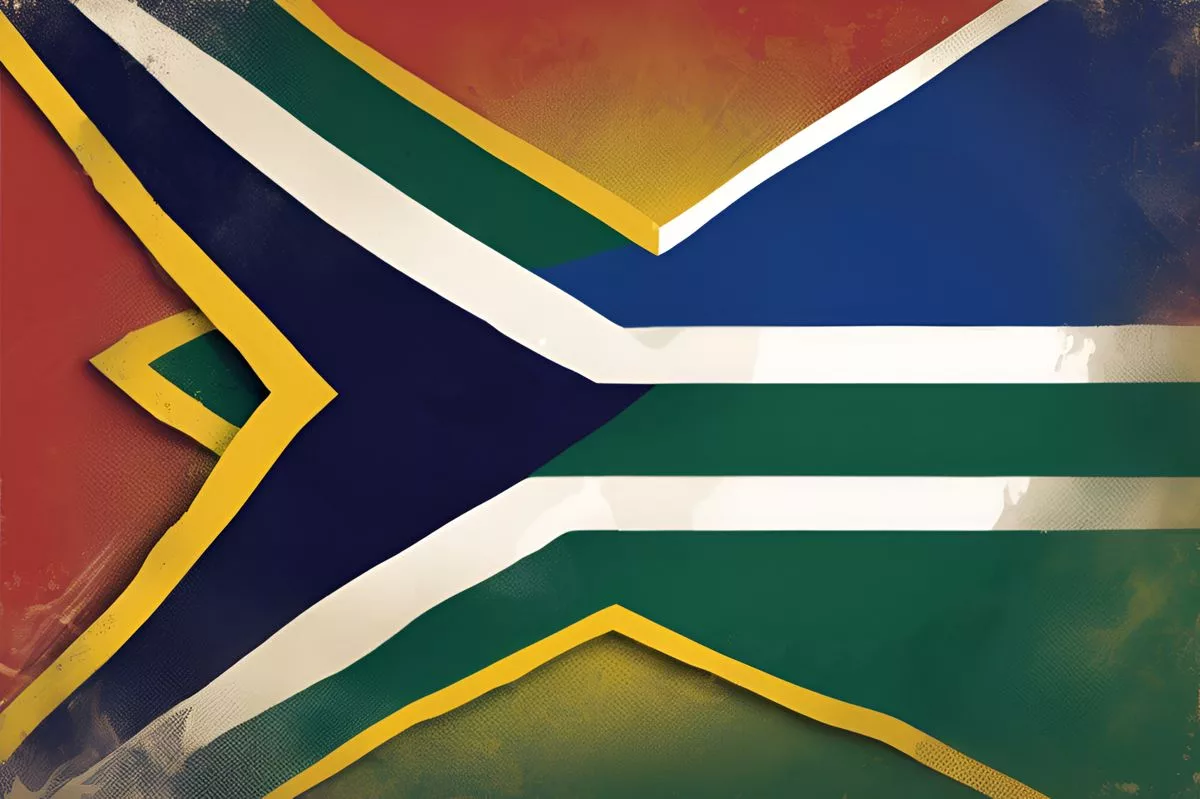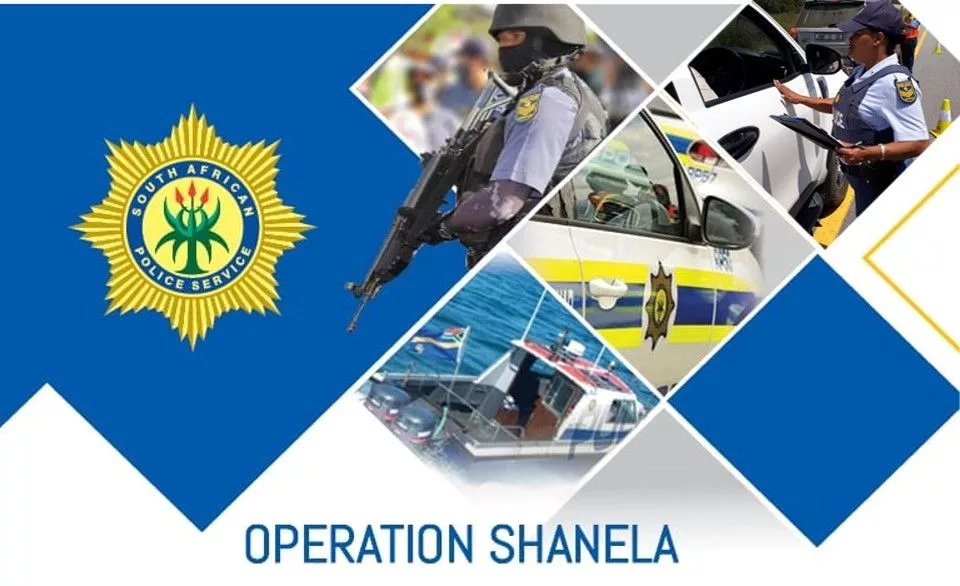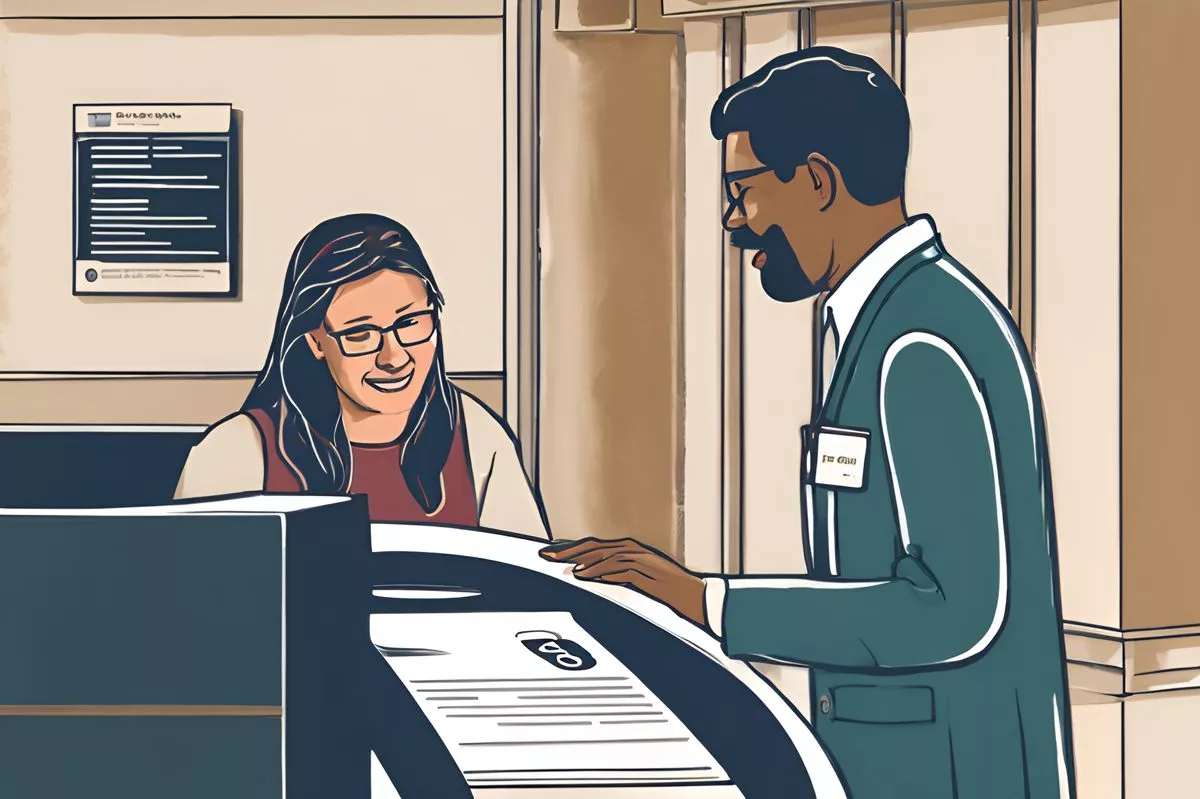President Cyril Ramaphosa’s inauguration marked the start of a new era for South Africa. He pledged to tackle corruption, address socioeconomic disparities, and unite political factions. Ramaphosa emphasized the need for public service and committed to upholding the Constitution to create a more resilient, equal, and united nation. The ceremony was a historic moment that showcased South Africa’s dynamic democracy and unwavering commitment to progress and unity.
The Inauguration of President Cyril Ramaphosa: A New Dawn for South Africa
The inaugural ceremony of Cyril Ramaphosa as President marked the beginning of a new chapter for South Africa. In his speech, President Ramaphosa acknowledged the need for socio-economic transformation, an end to corruption, and unity among political factions. He pledged to serve as a President for all South Africans, committed to upholding the Constitution and fortifying the country to make it more resilient, equal, and united.
A Historic Moment
The inaugural ceremony of Cyril Ramaphosa as President, held at the Union Buildings in Tshwane, marked the beginning of a new chapter for South Africa. As the sun rose over this central hub of administrative activity, a diverse crowd drawn from the country’s nine provinces assembled under the grandeur of the Highveld sky. This multicultural congregation, brought together by the shared anticipation of a brighter future, stood as a testament to South Africa’s dynamic democracy.
The gathering bore witness to the resolute spirit of South Africa, demonstrating an unwavering commitment to their treasured Constitution. This beacon of hope, rooted in the enduring ethos of the Freedom Charter, which was established almost seventy years prior, continues to guide the nation. The oath taken by President Cyril Ramaphosa symbolized not only the affirmation of the public’s mandate but also served as a bold proclamation of unity, liberty, justice, equality, and prosperity.
A Call for Unity and Transformation
In his quest for unity, President Ramaphosa embarked on a mission to reconcile past divisions and address ongoing disparities. He underscored the necessity of socio-economic transformation to ensure no individual is left behind. He noted the lingering frustrations stemming from political disputes and the continuous shifting of blame among politicians.
During his speech, President Ramaphosa acknowledged the areas of disappointment highlighted by the voters, as well as their recognition of the strides made over three decades of democracy. The electorate’s message was explicit – they demanded an evolving, inclusive economy that generates employment opportunities, nurtures entrepreneurship regardless of age or gender.
The President echoed the public’s longing for safety in their homes, urban districts, villages, and farmlands. Amid these demands, there was a palpable cry for an end to corruption that drains public resources and the manipulation of the state. The citizens expressed their exasperation with political squabbles and the incessant blame games among politicians and their parties. They yearned for their leaders to prioritize their needs over political interests.
A Pledge for Change
Taking advantage of this platform, President Ramaphosa assured his citizens that their concerns were heard. As the newly inaugurated President, he committed to collaborate with all political factions willing to contribute towards solving the nation’s challenges as they embark on a fresh decade of liberty.
Despite prior achievements in creating a society based on robust democratic institutions and universal freedoms, Ramaphosa admitted to the stark inequalities and divisions that persist. The divisions carved by South Africa’s history – racial, gender, geographic, and financial – are still glaringly apparent within the nation’s fabric.
Acknowledge the crucial nature of this turning point in South Africa’s narrative, President Ramaphosa advocated for collective progress to bridge these gaps and cultivate a more equal society. He endorsed the necessity of exceptional courage and leadership to ensure national unity, peace, stability, non-racialism, and non-sexism.
A Call to Action
Urging his fellow South Africans to stand firm against any attempts to undermine their institutions or stoke discord, President Ramaphosa encouraged his compatriots to reject distractions and concentrate on public service. His words were a call to advance the public’s interests and foster a stronger, more resilient, and united nation.
Displaying a resolute determination to tackle challenges, President Ramaphosa pledged to serve as a President for all South Africans. He solemnly committed to uphold the Constitution, safeguard democracy, collaborate with those who share his vision of a better life for all, and to fortify South Africa, making it more resilient, equal, and united.
The presidential inauguration was more than just a transition of leadership; it was a call to action, a call for bravery, a call for unity. It was a reassertion of faith in the democracy that South Africa has painstakingly cultivated over the years. Despite its trials, the democracy remains a beacon of hope for its citizens, an emblem of their resilience, and a tribute to their steadfast spirit.
What is the significance of President Cyril Ramaphosa’s inauguration?
President Cyril Ramaphosa’s inauguration marks the start of a new era for South Africa. It symbolizes the country’s commitment to progress, unity, and democracy. In his speech, President Ramaphosa acknowledged the need for socio-economic transformation, an end to corruption, and unity among political factions. He pledged to serve as a President for all South Africans, committed to upholding the Constitution and fortifying the country to make it more resilient, equal, and united.
What did President Ramaphosa emphasize in his speech?
President Ramaphosa emphasized the need for public service and committed to upholding the Constitution to create a more resilient, equal, and united nation. He pledged to tackle corruption, address socio-economic disparities, and unite political factions. He acknowledged the importance of the public’s mandate and their call for progress and unity.
What was the theme of President Ramaphosa’s speech?
The theme of President Ramaphosa’s speech was unity, progress, and transformation. He acknowledged the need for socio-economic and political transformation, an end to corruption, and unity among the nation’s political factions. He emphasized the importance of public service and upholding the Constitution to create a more resilient, equal, and united nation.
What did President Ramaphosa pledge to do as President?
President Ramaphosa pledged to serve as a President for all South Africans, committed to upholding the Constitution and fortifying the country to make it more resilient, equal, and united. He pledged to tackle corruption, address socio-economic disparities, and unite political factions. He committed to collaborating with those who share his vision of a better life for all and to foster a stronger, more resilient, and united nation.
What was the call to action in President Ramaphosa’s speech?
The call to action in President Ramaphosa’s speech was a call for bravery, unity, and public service. He urged his fellow South Africans to stand firm against any attempts to undermine their institutions or stoke discord, reject distractions, and concentrate on public service. He emphasized the need for exceptional courage and leadership to ensure national unity, peace, stability, non-racialism, and non-sexism.
What is the significance of South Africa’s democracy?
South Africa’s democracy is a beacon of hope for its citizens, an emblem of their resilience, and a tribute to their steadfast spirit. Despite its trials, the democracy remains a testament to South Africa’s commitment to progress, unity, and democracy. It is rooted in the enduring ethos of the Freedom Charter, established almost seventy years prior, which continues to guide the nation.












